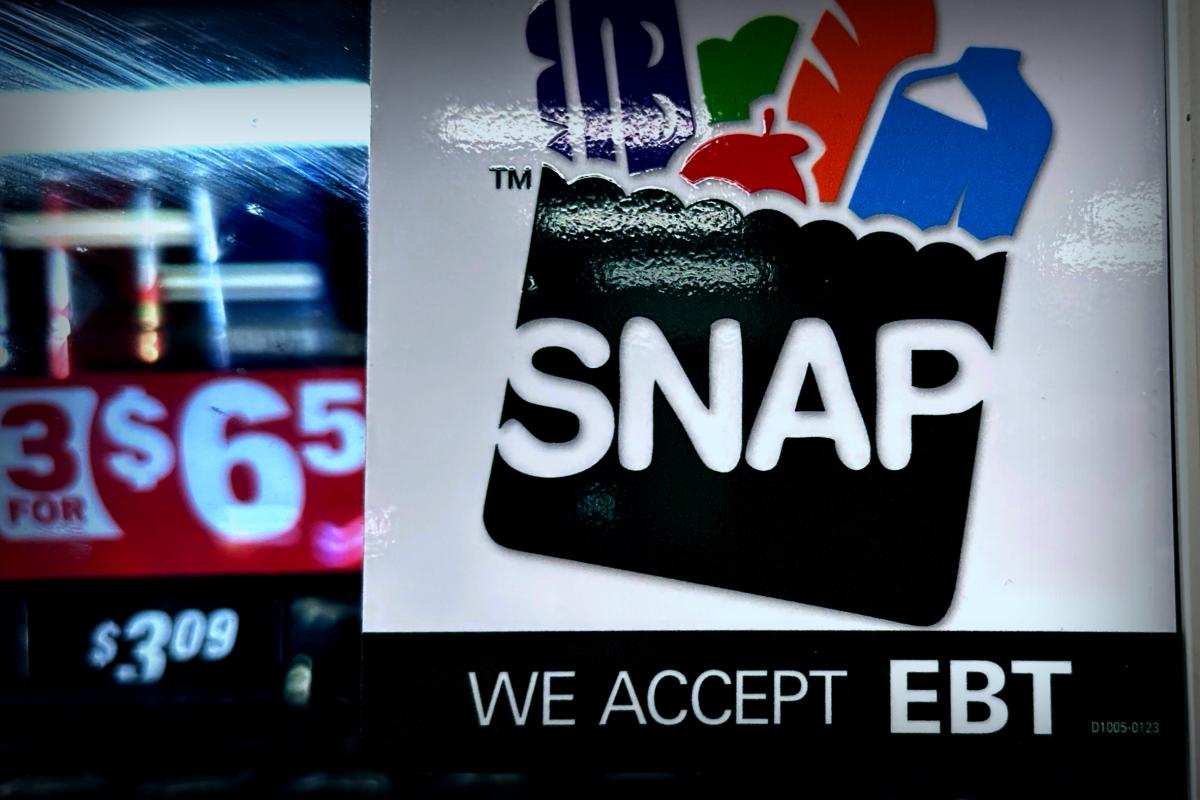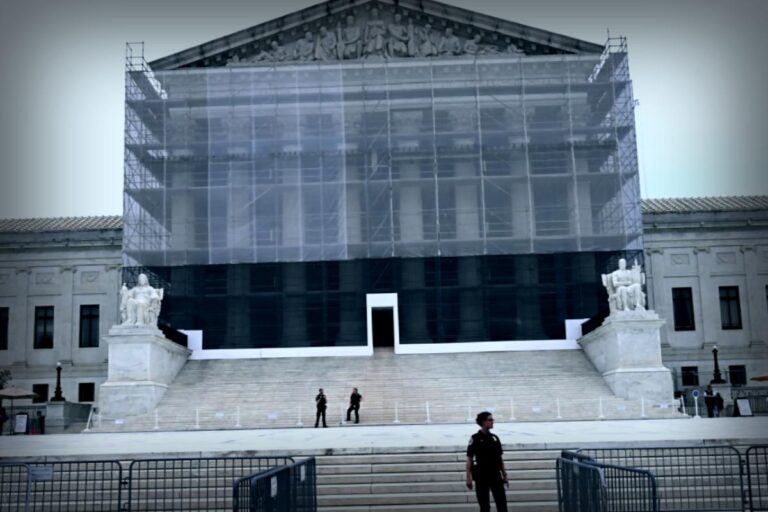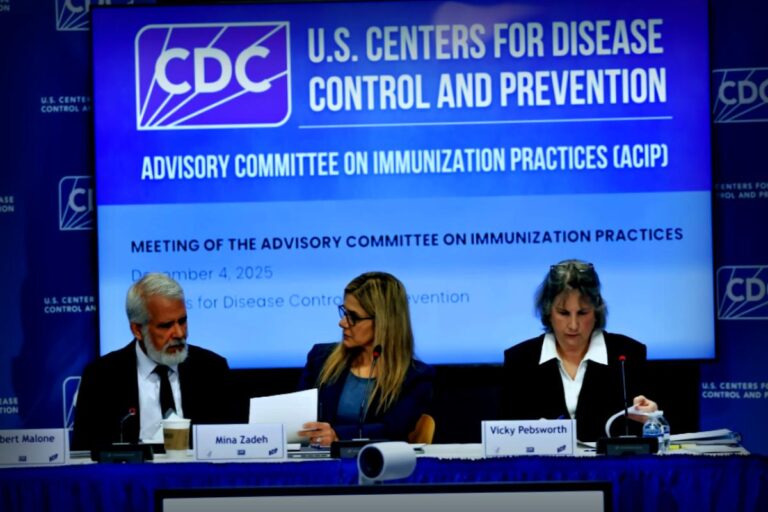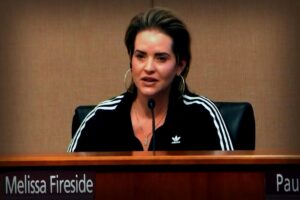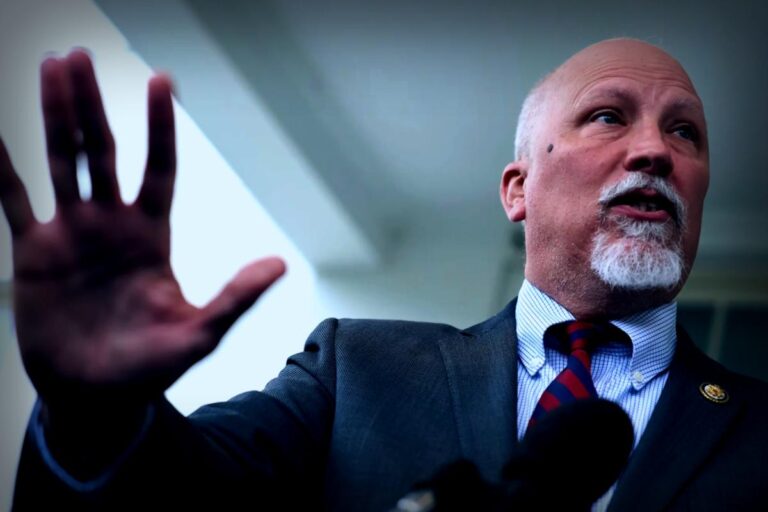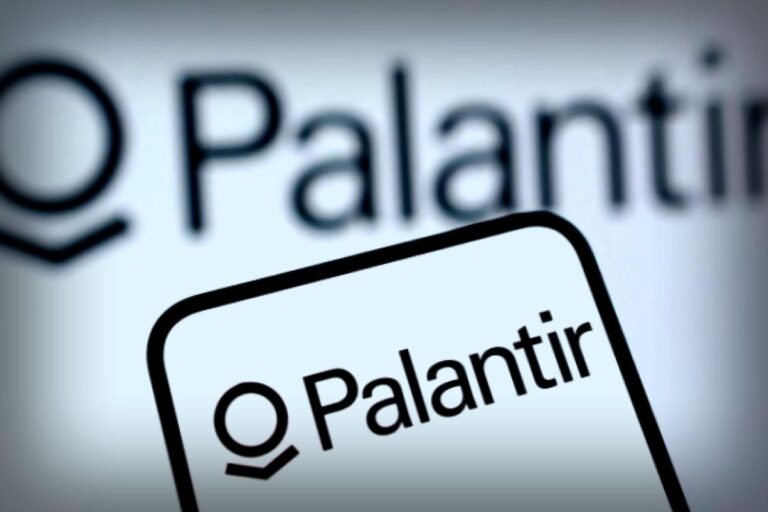On Sunday night, a U.S. appeals court turned down the Trump administration’s request to block full funding for November’s Supplemental Nutrition Assistance Program (SNAP) payments, which was mandated by a lower court.
The U.S. Court of Appeals for the 1st Circuit ruled that the district court had made a sensible decision, considering the “overwhelming evidence of widespread harm” that would occur should SNAP payments be suspended—a situation that could potentially affect the government’s interests and Child Nutrition Programs.
The administration is likely to appeal this decision, keeping the conflict alive over SNAP—the country’s most significant initiative intended to fight hunger. As winter approaches, food insecurity is a pressing concern for tens of millions of Americans.
Just a couple of days earlier, Supreme Court Justice Ketanji Brown Jackson had briefly halted the lower court’s order until the 1st Circuit provided its ruling. This stay from the Supreme Court is set to end 48 hours after the 1st Circuit’s decision.
This latest ruling marks a notable chapter in the legal battles surrounding SNAP, a program utilized by around 42 million individuals. The ongoing government shutdown has made the program’s funding uncertain amidst a flurry of lawsuits. The Senate recently took steps toward reopening the government, but there’s still a long path ahead with the House needing to act as well.
While the Trump administration suggested they could issue partial November payments, U.S. District Judge John J. McConnell Jr. from Rhode Island instructed them to ensure full payments were made by Friday using alternative funds.
McConnell, who was appointed by former President Obama, described the government’s behavior as not just poor judgement but as “arbitrary and capricious.”
SNAP, known commonly as food stamps, serves as a critical lifeline for millions relying on it to purchase adequate food. Although the administration indicated it would comply with the judge’s orders, they simultaneously sought to stop this action at the Supreme Court.
Jackson’s ruling included a short-term pause on the directives from the lower court, aimed at ensuring a swift resolution from the 1st Circuit on the pending motions.
As the Supreme Court issued its late decision, many low-income families across the nation woke up on Saturday morning anxious about the continuation of their food assistance. Prior to the ruling, some states were set to recharge SNAP debit cards.
Critics, including Democrats, have accused the Trump government of neglecting the needs of struggling Americans, with Massachusetts Governor Maura Healey (D) asserting on X, “President Trump’s cruelty knows no bounds.”
The impacts of these court rulings have created disparities among SNAP recipients nationwide, with some areas gaining benefits while others are experiencing delays. In Massachusetts, the scheduled payments went out Saturday morning, while North Carolina managed to provide only partial benefits and had to pause full payments due to the legal complications.
North Carolina Governor Josh Stein (D) spoke out, stating, “This is about a basic necessity—food—being caught in political turmoil. Hard-working families and individuals relying on SNAP should have certainty, not chaos regarding their ability to put meals on their tables this month.”





